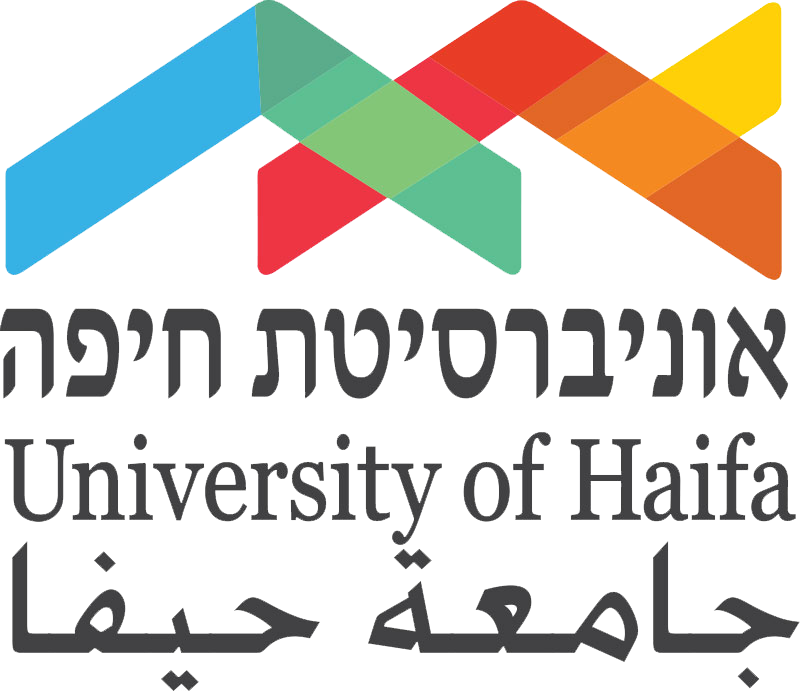Muhammed Ammash’s Story: A graduate of PCM, living in Turkey
by Greta Richter and Breny Aceituno
A complex identity is the first sense that arises when speaking to Muhammed Ammash. It is not, however, because he betrays his confidence or questions his being of some sort- On the contrary, he is quite easy to talk to and readily gives you his opinion with a smile.
Rather the sense derives when meeting Muhammed. For one cannot help but notice the settings, or perhaps just overall context of his ‘being’. That is, Muhammed is a Turco-Palestinian man working and living in Istanbul, who was born in a small Arab village called Jisr-az-Zarqa off the central coast of Israel. He is also a graduate of the Peace and Conflict Management (PCM) Masters Program at Haifa University, of course; and he is quite an outstanding one.
At age 29, Muhammed is working for a think-tank called Global Political Trends Center (GPoT Center) at Istanbul Kultur University. He particularly works with Armenian and Turkish relations as well as with the conflict in Cyprus. In describing his work, Muhammed says, “the think tank befits the name - what I mostly do during the day is thinking, researching, and writing. However, our work also involves some other activities - such as organizing events in which we deal with different details for various tasks.” He seems to also enjoy the academic setting of his organization, even though academia setting is not always as poised as it pretends to be - think of noisy undergraduate students.
Muhammed is most-definitely one of the program’s most accomplished graduates. And yet his unique and complex identity (i.e. cultural identity vs national identity vs linguistic identity) is what makes Muhammed really stand out from other graduates of the PCM Studies Program. To be more specific, Muhammed’s many identities — think of them as various masks, each as distinct as the other — not only allow him to have a more wide-ranged perspective on conflicts, but also, enable an ability to see and often accept the various narratives in a conflict. Narratives which most people otherwise have difficulty comprehending.
For example, living in Turkey and being half Turkish, Muhammed appears to whole-heartedly understand the Turkish perspective of Israel regarding its misjudgement of its muslim population. Similarly, growing up in a poverty-stricken and often neglected Arab town in Israel, he understands the grievances felt by many Palestinian citizens of Israel regarding the state’s infamous protocol. And yet, Muhammed, as an Israeli citizen who grew up speaking Hebrew as if it were his mother-tongue, also accepts and understands the historic narrative of Israel. In other words he seems to be aware of the complexities of the land of Israel/Palestine - a land which many identity masks, too, exist.
Nevertheless, Muhammed will be the first to admit that ‘understanding’, despite the complexity of his identity, is not a natural trait. He did not and does not always easily understand and accept a narrative of a conflict; and in fact, it was the course in the PCM program which allowed him to really grasp the concept of narratives in a conflict.
“Many courses in the PCM Studies helped me better understand the phenomenon of conflict and more specifically, the conflict in Israel. However, one course, specifically the Multi-track Diplomacy Workshop with Professor Kaufmann, was most insightful. During several sessions, it allowed the participants, including myself, to engage in a broad range of conflict resolution exercises and simulations. The workshop developed our abilities to analyze the phases of a conflict; innovatively reflect on its dimensions by using new and previously-acquired techniques; and produce a proposal which is agreed upon by both parties to a conflict. ”
Additionally, Muhammed took advantage of the practicum that the PCM Studies Program coordinated and monitored. “The Mossawa organization was a hands-on experience which allowed me to see the benefits and restrictions of a human rights/civil rights organization.”
Muhammed finished the graduate degree with a graduation project which asked the question: “Do human rights organizations relieve conflict areas and allow them to grow towards a resolution?” and introduced new approaches that human rights organizations could adapt in order to contribute to resolving conflicts through a ‘theory of change’.
He is currently in liaison with Professor Eddy Kaufmann of Haifa University regarding a joint project which contributes to Israel-Turkey rapprochement.
In Turkey, Muhammed works closely with Mensur Akgun and Sylvia Tiryaki who, besides being directors at the GPoT Center and Professors at Istanbul Kultur University, “are actively involved in peacemaking activities for many years.” He enjoys most being able to constantly publish papers on peace-making and relations, more recently dealing with the relations between Israel and Turkey.














